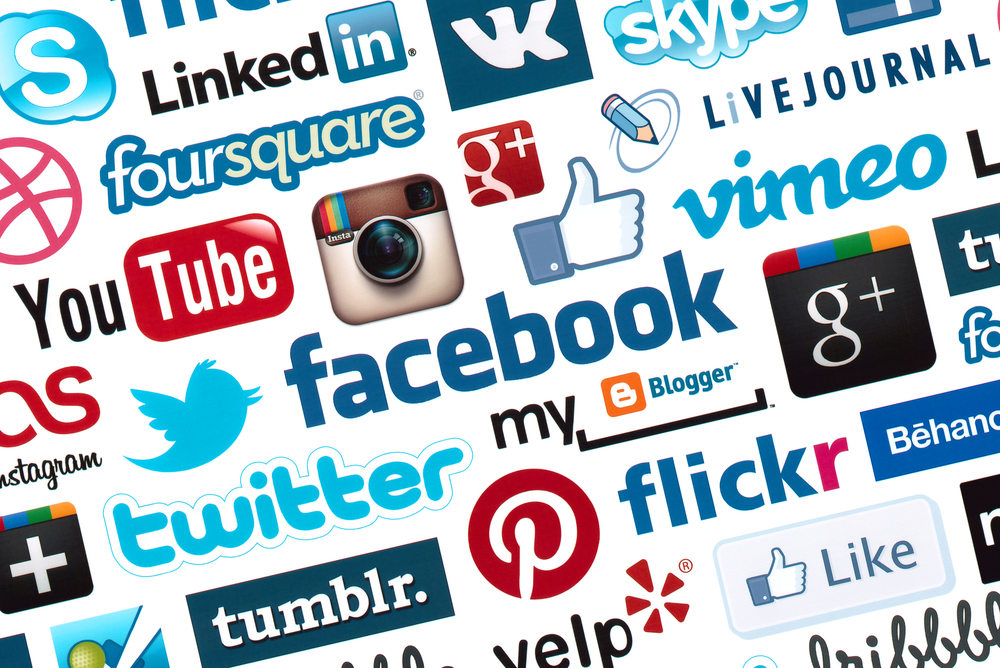Social networks have existed for more than twenty years: the first one was released in 1997 by an American named Ellison, he created the website “Sixdegrees. com” to allow people to interact with each other.
After this first attempt, in 2003 the term “Social Network” was created in the USA thanks to the new app “Friendster” which became very popular and aimed to help people find new friends, keep in touch and share content online.
Later many other apps have been created and the world of social networks has developed, has become more and more popular, and turned into the one that we know today.
Nowadays social networks are part of our daily life, we use them at any time and anywhere, we like to share everything we do on them. Everyone uses social media: young, old, middle-aged people, children of two, three, four years old. It’s like we were born with a phone in our hands: we are addicted to them.
And here comes the downside.
On social media we can keep in touch with our friends, we can reach people who live on the other side of the world, we can share photos, videos, moments of our day and life, we can give advice, we can even give help to people or ask for it. We can do thousands of things.
But not just good people use this system: some people judge, they spread hate because they are jealous and have the need to make other people feel bad.
So, there are many amazing things about social media, but on the other hand, they have also become something not good for people’s mental health, especially for the youth.
First of all, social networks have created a new dimension in which everyone is perfect, everyone has a perfect life, is happy, is healthy, is rich, has the perfect family, perfect friends, and is beautiful.
However, we must remember that all of it is not the reality, it’s just something that people pretend to be to look perfect in others’ eyes.
Because of it, we live in a constant state of comparison: on Instagram, on Facebook, we see everyday lives that are anything but daily.
There they show the extreme and that often makes people feel useless and teenagers can think that what they do is not enough, that their life isn’t good since they don’t reflect the high standards that have been impressed in their heads.
We are immersed in a tub where we are obliged to compare ourselves to the others who are in there with us and who look perfect. So we look at them and think: “Why am I not like that?”.
We are surrounded by phrases and statements which tell us not to care about opinions and it’s what we should do, but let’s be realistic, it’s quite impossible not to care at all when people continue to judge and comment on anything anytime.
Another related problem is that today all is recorded and that has some consequences: firstly we don’t live the moment anymore, we think too much about recording it or taking pictures and too little about actually living it.
Our desire to look good in others’ eyes and to prove that we are happy, prevents us from being in the moment, so we create a virtual life that is not our real one.
In conclusion, we should use social media to spread love, to help people, to give advice, even to share some moments of our lives, but we mustn’t exaggerate, we mustn’t create fake realities, we mustn’t live to be appreciated by others, but we must appreciate ourselves.
Luna Diarra 3^BL
